Embroidered Garments: Priests and Gender in Biblical Israel
Published: Oct 2009
£45.00
This collection of essays, the proceedings of an international conference held at King's College London in 2008, explores issues in the construction of gender that appear in the Hebrew Bible both in relation to priesthood itself and in literature with a priestly world-view (the P source, Chronicles, Ezra —Nehemiah, Ezekiel). Topics covered include female religious functionaries and their absence from the Hebrew Bible, masculinity and femininity as seen through the lens of priestly purity legislation, priestly genealogies as an expression of Jacques Derrida's 'archive fever', the definition of masculinity that is evidenced by priests' clothing, and the marginalization of women in priestly ideologies of nationality and kinship.
This is the second volume in the sub-series King's College London Studies in the Bible and Gender. The first was A Question of Sex: Gender and Difference in the Hebrew Bible and Beyond (2007).
Embroidered Garments: Priests and Gender in Biblical Israel
£45.00
This collection of essays, the proceedings of an international conference held at King's College London in 2008, explores issues in the construction of gender that appear in the Hebrew Bible both in relation to priesthood itself and in literature with a priestly world-view (the P source, Chronicles, Ezra —Nehemiah, Ezekiel). Topics covered include female religious functionaries and their absence from the Hebrew Bible, masculinity and femininity as seen through the lens of priestly purity legislation, priestly genealogies as an expression of Jacques Derrida's 'archive fever', the definition of masculinity that is evidenced by priests' clothing, and the marginalization of women in priestly ideologies of nationality and kinship.
This is the second volume in the sub-series King's College London Studies in the Bible and Gender. The first was A Question of Sex: Gender and Difference in the Hebrew Bible and Beyond (2007).
Five Stones and a Sling: Memoirs of a Biblical Scholar
Published: Oct 2009
£14.95
Michael Goulder is a scholar who has always taken an original approach to the Bible and biblical criticism. He has developed five major theories, which challenged received opinion among the learned; and the book tells the story of how these 'stones' fared when confronting the biblical establishment. He wryly admits that his slinging has been rather less successful than David's against Goliath.
Among his five theories a special place must be given to his demonstration of how much of the teaching ascribed to Jesus actually derived from the evangelists —the Lord's Prayer for example being composed by Matthew out of Jesus' prayers in Gethsemane. The parables too are the composition of the evangelists, Matthew characteristically writing of kings and rich merchants, while Luke speaks of women, stewards, a beggar and a Samaritan. A long-rooted error Michael Goulder has valiantly opposed has been the belief that Matthew and Luke were both dependent on a lost source, Q; in fact, he argues, Luke was familiar with Matthew's Gospel and copied or developed its teaching as he thought best.
Goulder has worked at the Old Testament as well as the New. He concludes that the Psalms were not the individual prayers of pious Israelites, as Gunkel and others supposed, but the compositions of kings or their poets, deploring national disasters and praying for blessing at the great autumn festival.
This account of Goulder's scholarly work is fascinatingly interwoven with that of his life and ministry; and there are many anecdotes and vignettes of other people that are both amusing and interesting. He was ordained a priest in the Anglican Church, and though he resigned his Orders in 1981, he never lost his love of the Bible.
Five Stones and a Sling: Memoirs of a Biblical Scholar
£14.95
Michael Goulder is a scholar who has always taken an original approach to the Bible and biblical criticism. He has developed five major theories, which challenged received opinion among the learned; and the book tells the story of how these 'stones' fared when confronting the biblical establishment. He wryly admits that his slinging has been rather less successful than David's against Goliath.
Among his five theories a special place must be given to his demonstration of how much of the teaching ascribed to Jesus actually derived from the evangelists —the Lord's Prayer for example being composed by Matthew out of Jesus' prayers in Gethsemane. The parables too are the composition of the evangelists, Matthew characteristically writing of kings and rich merchants, while Luke speaks of women, stewards, a beggar and a Samaritan. A long-rooted error Michael Goulder has valiantly opposed has been the belief that Matthew and Luke were both dependent on a lost source, Q; in fact, he argues, Luke was familiar with Matthew's Gospel and copied or developed its teaching as he thought best.
Goulder has worked at the Old Testament as well as the New. He concludes that the Psalms were not the individual prayers of pious Israelites, as Gunkel and others supposed, but the compositions of kings or their poets, deploring national disasters and praying for blessing at the great autumn festival.
This account of Goulder's scholarly work is fascinatingly interwoven with that of his life and ministry; and there are many anecdotes and vignettes of other people that are both amusing and interesting. He was ordained a priest in the Anglican Church, and though he resigned his Orders in 1981, he never lost his love of the Bible.
1 Samuel: A Narrative Commentary
Published: Oct 2009
Price range: £18.50 through £45.00
This substantial commentary presents 1 Samuel as a sophisticated work of literature, where the reader is challenged with a narrative that is fraught with interpretative possibilities. In his distinctive literary reading Bodner lays special emphasis on the intriguing array of characters that populate the narrative, and on the plot, in its design and its configurations.
Thus, a host of intriguing episodes and personalities are passed in review: from the symbolically charged closed womb of Hannah to the backwards fall and the broken neck of Eli, to the strange tour of the Ark of God through the menacing Philistine pentapolis, wreaking havoc. Then there is the complex portrayal of Samuel the prophet, the emergence of the fugitive David as a leader, and the eventual decline, madness, and necromancy of King Saul.
Only through a literary study of its many ironies and ambiguities, Bodner amply shows, can the richness of this classic royal drama be fully appreciated.
1 Samuel: A Narrative Commentary
Price range: £18.50 through £45.00
This substantial commentary presents 1 Samuel as a sophisticated work of literature, where the reader is challenged with a narrative that is fraught with interpretative possibilities. In his distinctive literary reading Bodner lays special emphasis on the intriguing array of characters that populate the narrative, and on the plot, in its design and its configurations.
Thus, a host of intriguing episodes and personalities are passed in review: from the symbolically charged closed womb of Hannah to the backwards fall and the broken neck of Eli, to the strange tour of the Ark of God through the menacing Philistine pentapolis, wreaking havoc. Then there is the complex portrayal of Samuel the prophet, the emergence of the fugitive David as a leader, and the eventual decline, madness, and necromancy of King Saul.
Only through a literary study of its many ironies and ambiguities, Bodner amply shows, can the richness of this classic royal drama be fully appreciated.
Decolonizing God: The Bible in the Tides of Empire
Published: Oct 2009
Price range: £17.50 through £39.50
For centuries, the Bible has been used by colonial powers to undergird their imperial designs--an ironic situation when so much of the Bible was conceived by way of resistance to empires. In this thoughtful book, Mark Brett draws upon his experience of the colonial heritage in Australia to identify a remarkable range of areas where God needs to be decolonized--freed from the bonds of the colonial.
Writing in a context where landmark legal cases have ruled that Indigenous (Aboriginal) rights have been 'washed away by the tide of history', Brett re-examines land rights in the biblical traditions, Deuteronomy's genocidal imagination, and other key topics in both the Hebrew Bible and the New Testament where the effects of colonialism can be traced. Drawing out the implications for theology and ethics, this book provides a comprehensive new proposal for addressing the legacies of colonialism.
Decolonizing God: The Bible in the Tides of Empire
Price range: £17.50 through £39.50
For centuries, the Bible has been used by colonial powers to undergird their imperial designs--an ironic situation when so much of the Bible was conceived by way of resistance to empires. In this thoughtful book, Mark Brett draws upon his experience of the colonial heritage in Australia to identify a remarkable range of areas where God needs to be decolonized--freed from the bonds of the colonial.
Writing in a context where landmark legal cases have ruled that Indigenous (Aboriginal) rights have been 'washed away by the tide of history', Brett re-examines land rights in the biblical traditions, Deuteronomy's genocidal imagination, and other key topics in both the Hebrew Bible and the New Testament where the effects of colonialism can be traced. Drawing out the implications for theology and ethics, this book provides a comprehensive new proposal for addressing the legacies of colonialism.
The Linguist as Pedagogue: Trends in the Teaching and Linguistic Analysis of the Greek New Testament
Published: Oct 2009
£50.00
This volume of important essays from recent Society of Biblical Literature annual meetings covers two related and vital topics-linguistic pedagogy and linguistic analysis. The essays on pedagogy discuss current trends and perspectives on how to approach the teaching of a dead language in the vibrancy of the electronic age. Experienced teacher-scholars give insights into how they draw upon linguistic theory and marshal technology to help reinforce pedagogical technique.
A second set of essays is concerned with the linguistic issue of 'prominence', asking, How are texts able to show that certain portions are more important than others? The essays, both theoretical and practical, grapple with the linguistic equivalent of underlining, to show how prominence helps authors make their point. The book of Hebrews, where identifying major themes and ideas have proved problematic, is offered as an extended example.
The volume is rounded off with a collection of papers applying the insights of modern linguistics, and particularly sociolinguistics and discourse analysis, to reading the New Testament in new and provocative ways that transcend traditional exegesis.
The Linguist as Pedagogue: Trends in the Teaching and Linguistic Analysis of the Greek New Testament
£50.00
This volume of important essays from recent Society of Biblical Literature annual meetings covers two related and vital topics-linguistic pedagogy and linguistic analysis. The essays on pedagogy discuss current trends and perspectives on how to approach the teaching of a dead language in the vibrancy of the electronic age. Experienced teacher-scholars give insights into how they draw upon linguistic theory and marshal technology to help reinforce pedagogical technique.
A second set of essays is concerned with the linguistic issue of 'prominence', asking, How are texts able to show that certain portions are more important than others? The essays, both theoretical and practical, grapple with the linguistic equivalent of underlining, to show how prominence helps authors make their point. The book of Hebrews, where identifying major themes and ideas have proved problematic, is offered as an extended example.
The volume is rounded off with a collection of papers applying the insights of modern linguistics, and particularly sociolinguistics and discourse analysis, to reading the New Testament in new and provocative ways that transcend traditional exegesis.
The Dan Debate: The Tel Dan Inscription in Recent Research
Published: Aug 2009
£45.00
The Tel Dan inscription was found in three fragments on Tel Dan in northern Israel in 1993 and 1994. It is one of the most controversial textual archaeological finds since the discovery of the Dead Sea Scrolls. Most scholars agree that the text, which is written in Old Aramaic, is to be dated to the late ninth century BCE. It refers to a war between the Aramaeans and the northern kingdom of Israel. The text is apparently represented as authored by King Hazael of Damascus, and many scholars have discerned the names of the kings Jehoram and Ahaziah of Israel and Judah in the fragmented text.
There has been an extremely lively, and even heated, debate over both its language and its content, and it is time that a full survey of the debate should be undertaken. In his previous book, The Tel Dan Inscription: A Critical Investigation of Recent Research on its Palaeography and Philology (2006)--now distributed by Sheffield Phoenix Press--Hallvard Hagelia has examined those more technical aspects of the debate. In the present corollary volume, The Dan Debate: The Tel Dan Inscription in Recent Research, Hagelia analyses the debate on all the other more general aspects of the inscription. His own view is to support the joining of the fragments as it is done by the editors, Biran and Naveh, and to translate the controversial term bytdwd as 'House of David'.
The debate on the Tel Dan is interesting and significant in itself, but it can also be viewed as a case study of the wider debate between the so-called 'minimalists' and 'maximalists' in Hebrew Bible scholarship. In particular Hagelia's two books offer an notable exchange of views with George Athas's The Tel Dan Inscription: A Reappraisal and a New Interpretation (2003).
The Dan Debate: The Tel Dan Inscription in Recent Research
£45.00
The Tel Dan inscription was found in three fragments on Tel Dan in northern Israel in 1993 and 1994. It is one of the most controversial textual archaeological finds since the discovery of the Dead Sea Scrolls. Most scholars agree that the text, which is written in Old Aramaic, is to be dated to the late ninth century BCE. It refers to a war between the Aramaeans and the northern kingdom of Israel. The text is apparently represented as authored by King Hazael of Damascus, and many scholars have discerned the names of the kings Jehoram and Ahaziah of Israel and Judah in the fragmented text.
There has been an extremely lively, and even heated, debate over both its language and its content, and it is time that a full survey of the debate should be undertaken. In his previous book, The Tel Dan Inscription: A Critical Investigation of Recent Research on its Palaeography and Philology (2006)--now distributed by Sheffield Phoenix Press--Hallvard Hagelia has examined those more technical aspects of the debate. In the present corollary volume, The Dan Debate: The Tel Dan Inscription in Recent Research, Hagelia analyses the debate on all the other more general aspects of the inscription. His own view is to support the joining of the fragments as it is done by the editors, Biran and Naveh, and to translate the controversial term bytdwd as 'House of David'.
The debate on the Tel Dan is interesting and significant in itself, but it can also be viewed as a case study of the wider debate between the so-called 'minimalists' and 'maximalists' in Hebrew Bible scholarship. In particular Hagelia's two books offer an notable exchange of views with George Athas's The Tel Dan Inscription: A Reappraisal and a New Interpretation (2003).
Women in the Pentateuch: A Feminist and Source-Critical Analysis
Published: Aug 2009
£50.00
For the first time, literary source criticism and feminist biblical interpretation are here brought together systematically. Taking into account recent trends in Pentateuchal source criticism, Shectman divides the narrative into priestly and non-priestly threads, tracing the portrayal of women in each. In both sources, as Moses comes to the fore, women recede increasingly into the background, with the result that far fewer women appear in Exodus —Numbers than appear in Genesis.
A stark contrast between the sources also emerges from this study: non-P contains many more fully developed narrative traditions focused on women, particularly those involving childbirth, pointing to an original genre of narratives unique to biblical women. However, with the combination of traditions in the Pentateuch, these traditions are absorbed into the patriarchal ones, culminating in Genesis 17, P's programmatic statement of the promise and covenant. P significantly limits the roles of women that were preserved in non-P. This difference between the sources is primarily the result of increased centralization: whereas the non-P material reflects a period before centralization had become entrenched, in P, centralization has taken hold, with the result that women's roles are more limited.
In addition to a new and detailed source-critical analysis of women in the Pentateuch, this book also provides a detailed overview of feminist biblical criticism, from the work of Elizabeth Cady Stanton up to the present, which will be useful for those interested in the history of biblical, particularly feminist, interpretation.
Women in the Pentateuch: A Feminist and Source-Critical Analysis
£50.00
For the first time, literary source criticism and feminist biblical interpretation are here brought together systematically. Taking into account recent trends in Pentateuchal source criticism, Shectman divides the narrative into priestly and non-priestly threads, tracing the portrayal of women in each. In both sources, as Moses comes to the fore, women recede increasingly into the background, with the result that far fewer women appear in Exodus —Numbers than appear in Genesis.
A stark contrast between the sources also emerges from this study: non-P contains many more fully developed narrative traditions focused on women, particularly those involving childbirth, pointing to an original genre of narratives unique to biblical women. However, with the combination of traditions in the Pentateuch, these traditions are absorbed into the patriarchal ones, culminating in Genesis 17, P's programmatic statement of the promise and covenant. P significantly limits the roles of women that were preserved in non-P. This difference between the sources is primarily the result of increased centralization: whereas the non-P material reflects a period before centralization had become entrenched, in P, centralization has taken hold, with the result that women's roles are more limited.
In addition to a new and detailed source-critical analysis of women in the Pentateuch, this book also provides a detailed overview of feminist biblical criticism, from the work of Elizabeth Cady Stanton up to the present, which will be useful for those interested in the history of biblical, particularly feminist, interpretation.
Postcolonial Interventions: Essays in Honor of R.S. Sugirtharajah
Published: Aug 2009
£60.00
This collection of essays, with contributions by many long-term colleagues and collaborators of R. S. Sugirtharajah, Professor of Biblical Hermeneutics in the University of Birmingham, is meant to review, evaluate, celebrate, and honour his many scholarly contributions. The title of the collection signifies that the volume focusses not only on how we read socio-political interventions, but also on how reading can itself be a form of intervention. This focus on reading and intervention is in many ways most fitting, as Professor Sugirtharajah's biblical and theological hermeneutics have indeed been a significant force of intervention. His work has confronted and challenged many to see beyond a parochial mainstream, to perceive imperial and colonial dynamics in the Bible and in biblical studies, and to remain open to the transformative possibilities of reading from new sites as well as with new sights.
Postcolonial Interventions: Essays in Honor of R.S. Sugirtharajah
£60.00
This collection of essays, with contributions by many long-term colleagues and collaborators of R. S. Sugirtharajah, Professor of Biblical Hermeneutics in the University of Birmingham, is meant to review, evaluate, celebrate, and honour his many scholarly contributions. The title of the collection signifies that the volume focusses not only on how we read socio-political interventions, but also on how reading can itself be a form of intervention. This focus on reading and intervention is in many ways most fitting, as Professor Sugirtharajah's biblical and theological hermeneutics have indeed been a significant force of intervention. His work has confronted and challenged many to see beyond a parochial mainstream, to perceive imperial and colonial dynamics in the Bible and in biblical studies, and to remain open to the transformative possibilities of reading from new sites as well as with new sights.
Nahum, Second Edition
Published: July 2009
Price range: £15.00 through £35.00
In its wanton celebration of violence, the book of Nahum poses ethical challenges to the modern reader. O'Brien offers the first full-scale engagement with this dimension of the book, exploring the ways in which the artfulness of its poetry serves the book's violent ideology, highlighting how its rhetoric attempts to render the Other fit for annihilation.
She then reads from feminist, intertextual and deconstructionist angles and uncovers the destabilizing function of the book's aesthetics.
Finally, she demonstrates how mining Nahum's ambiguities and tensions can contribute to an ethical response to its violence.
This is a reprint of the 2002 edition.
Nahum, Second Edition
Price range: £15.00 through £35.00
In its wanton celebration of violence, the book of Nahum poses ethical challenges to the modern reader. O'Brien offers the first full-scale engagement with this dimension of the book, exploring the ways in which the artfulness of its poetry serves the book's violent ideology, highlighting how its rhetoric attempts to render the Other fit for annihilation.
She then reads from feminist, intertextual and deconstructionist angles and uncovers the destabilizing function of the book's aesthetics.
Finally, she demonstrates how mining Nahum's ambiguities and tensions can contribute to an ethical response to its violence.
This is a reprint of the 2002 edition.
On Earth as it is in Heaven: Temple Symbolism in the New Testament
Published: Jun 2009
£12.50
As more and more is being discovered about the beginnings of Christianity, a whole new understanding of the context of Christian origins is emerging. Any serious student now needs a knowledge of the traditions of the temple. This book, a supplement to Margaret Barker's The Gate of Heaven: The History and Symbolism of the Temple in Jerusalem, breaks further new ground, showing how the symbols and rituals of the temple shaped the lives of the early Christians, and illustrates the striking relevance of temple theology to the New Testament.
The influence of the temple cult has to be reconstructed by drawing on the increasing number of non-biblical texts now available. These include those written in the early churches; fragments from among the Dead Sea Scrolls; and Jewish texts written in the early Christian period. Piece by piece the world of the temple is emerging from this material. Through this close study of the Pseudepigrapha and other non-canonical writings, Margaret Barker examines four symbols of temple theology: Light, Life, Blood, and the Robes of Glory. She shows how details missing from the Old Testament descriptions can be recovered from other ancient texts to throw new light upon many significant passages of the Bible.
This is a reprint of the volume published by T. & T. Clark in 1995.
On Earth as it is in Heaven: Temple Symbolism in the New Testament
£12.50
As more and more is being discovered about the beginnings of Christianity, a whole new understanding of the context of Christian origins is emerging. Any serious student now needs a knowledge of the traditions of the temple. This book, a supplement to Margaret Barker's The Gate of Heaven: The History and Symbolism of the Temple in Jerusalem, breaks further new ground, showing how the symbols and rituals of the temple shaped the lives of the early Christians, and illustrates the striking relevance of temple theology to the New Testament.
The influence of the temple cult has to be reconstructed by drawing on the increasing number of non-biblical texts now available. These include those written in the early churches; fragments from among the Dead Sea Scrolls; and Jewish texts written in the early Christian period. Piece by piece the world of the temple is emerging from this material. Through this close study of the Pseudepigrapha and other non-canonical writings, Margaret Barker examines four symbols of temple theology: Light, Life, Blood, and the Robes of Glory. She shows how details missing from the Old Testament descriptions can be recovered from other ancient texts to throw new light upon many significant passages of the Bible.
This is a reprint of the volume published by T. & T. Clark in 1995.
Psalms
Published: May 2009
Price range: £15.00 through £35.00
The Book of Psalms is often seen as an anthology of prayers and hymns from which the reader may extract a selection as need or interest dictates. However, a recent development in Psalms scholarship has been a discussion of whether the collection of psalms has some overall structure. Is the whole of the Book of Psalms greater than the sum of its individual parts? This commentary argues that it is and presents a continuous reading of the Book of Psalms.
Moreover, the long-standing tradition, found within both Judaism and Christianity, of associating the psalms with David is used as a reading strategy. In this volume, the Psalms are presented sequentially. Each has its place in the collection but thirty-five are treated at greater length. They are read, at least in the first two books (Psalms 1 —72), as if they were David's words. Beyond that a more complex and developed association between David and the Psalms is demanded. David becomes a figure of hope for a different future and a new royal reign reflecting the reign of Yahweh. Throughout, David remains a model of piety for all who seek to communicate with God in prayer. It is in the light of this that later disasters in the life of Israel, especially the Babylonian Exile, can be faced. In the Book of Psalms, the past, in terms of both David's life and the history of Israel, is the key to future well-being and faithfulness.
Psalms
Price range: £15.00 through £35.00
The Book of Psalms is often seen as an anthology of prayers and hymns from which the reader may extract a selection as need or interest dictates. However, a recent development in Psalms scholarship has been a discussion of whether the collection of psalms has some overall structure. Is the whole of the Book of Psalms greater than the sum of its individual parts? This commentary argues that it is and presents a continuous reading of the Book of Psalms.
Moreover, the long-standing tradition, found within both Judaism and Christianity, of associating the psalms with David is used as a reading strategy. In this volume, the Psalms are presented sequentially. Each has its place in the collection but thirty-five are treated at greater length. They are read, at least in the first two books (Psalms 1 —72), as if they were David's words. Beyond that a more complex and developed association between David and the Psalms is demanded. David becomes a figure of hope for a different future and a new royal reign reflecting the reign of Yahweh. Throughout, David remains a model of piety for all who seek to communicate with God in prayer. It is in the light of this that later disasters in the life of Israel, especially the Babylonian Exile, can be faced. In the Book of Psalms, the past, in terms of both David's life and the history of Israel, is the key to future well-being and faithfulness.
Jesus’ Twofold Teaching about the Kingdom of God
Published: May 2009
£50.00
Recent research on Jesus' teaching about the Kingdom of God has in common the assumption that it remains the same throughout the time of his proclamation of it. The data that cannot be harmonized are usually judged to be inauthentic, originating from Christian prophets in the early church.
Smith shows in closely argued detail how essential it is to differentiate two historical contexts for Jesus' teaching about the Kingdom of God. The nature of the Kingdom of God is conditional upon its acceptance and the acceptance of its messenger —which is to say, Jesus' teaching about the Kingdom of God is hypothetical. This is the non-rejection context of Jesus' teaching about the Kingdom of God.
But some of Jesus' teaching about the Kingdom of God presupposes a context of the rejection of his message by the majority of Jews and especially the Jewish authorities. In this new context, Jesus teaches that the Kingdom will still come but not in the way first delineated, in the non-rejection context. This can be called the rejection context of Jesus' teaching about the Kingdom of God.
No attempt should be made to assimilate all the data into one historical context. Distinguishing two contexts for Jesus' teaching about the Kingdom of God allows us to appreciate how Jesus modifies his teaching in the light of the rejection of the Kingdom. Without this differentiation of two historical contexts, it is impossible to make sense of Jesus' teaching about the Kingdom of God.
Jesus’ Twofold Teaching about the Kingdom of God
£50.00
Recent research on Jesus' teaching about the Kingdom of God has in common the assumption that it remains the same throughout the time of his proclamation of it. The data that cannot be harmonized are usually judged to be inauthentic, originating from Christian prophets in the early church.
Smith shows in closely argued detail how essential it is to differentiate two historical contexts for Jesus' teaching about the Kingdom of God. The nature of the Kingdom of God is conditional upon its acceptance and the acceptance of its messenger —which is to say, Jesus' teaching about the Kingdom of God is hypothetical. This is the non-rejection context of Jesus' teaching about the Kingdom of God.
But some of Jesus' teaching about the Kingdom of God presupposes a context of the rejection of his message by the majority of Jews and especially the Jewish authorities. In this new context, Jesus teaches that the Kingdom will still come but not in the way first delineated, in the non-rejection context. This can be called the rejection context of Jesus' teaching about the Kingdom of God.
No attempt should be made to assimilate all the data into one historical context. Distinguishing two contexts for Jesus' teaching about the Kingdom of God allows us to appreciate how Jesus modifies his teaching in the light of the rejection of the Kingdom. Without this differentiation of two historical contexts, it is impossible to make sense of Jesus' teaching about the Kingdom of God.
Matthew, Second Edition
Published: Apr 2009
Price range: £15.00 through £35.00
Margaret Davies takes up the insights of reader-response criticism to explore how the conventions and strategies of the Gospel of Matthew draw the reader into the world that the text creates. There is a recognition also of the text's significance as authoritative scripture for modern Christians, and the bias that this gives to any interpretative strategy. This is a reprint of the 1993 edition.
Matthew, Second Edition
Price range: £15.00 through £35.00
Margaret Davies takes up the insights of reader-response criticism to explore how the conventions and strategies of the Gospel of Matthew draw the reader into the world that the text creates. There is a recognition also of the text's significance as authoritative scripture for modern Christians, and the bias that this gives to any interpretative strategy. This is a reprint of the 1993 edition.
Mark, Second Edition
Published: Apr 2009
Price range: £15.00 through £35.00
In this commentary, Broadhead explores the Gospel of Mark for literary designs that might guide modern readers. He gives special attention to structure, strategy, significance and the appropriation of meaning, and his analysis shows the Gospel as a sequential account which employs a strategy of reciprocity among its episodes. Clear signs are created within this Gospel, the meaning of which is negotiated by the first readers in the aftermath of the Temple's fall. Modern readers are encouraged to connect these signs to their own world and to initiate a new performance of this Gospel.
This Second Edition is a reprint, with altered pagination, of the volume first published in 1991 by Sheffield Academic Press.
Mark, Second Edition
Price range: £15.00 through £35.00
In this commentary, Broadhead explores the Gospel of Mark for literary designs that might guide modern readers. He gives special attention to structure, strategy, significance and the appropriation of meaning, and his analysis shows the Gospel as a sequential account which employs a strategy of reciprocity among its episodes. Clear signs are created within this Gospel, the meaning of which is negotiated by the first readers in the aftermath of the Temple's fall. Modern readers are encouraged to connect these signs to their own world and to initiate a new performance of this Gospel.
This Second Edition is a reprint, with altered pagination, of the volume first published in 1991 by Sheffield Academic Press.
From the Margins 1: Women of the Hebrew Bible and Their Afterlives
Published: Apr 2009
£40.00
Biblical women who are given only a few lines in the Bible, who are named only as the wife or sister or child of a man, can nonetheless play pivotal roles and cast long shadows. This volume brings together scholars, writers and art historians, who probe texts and trace reception history in exegesis, midrash, literature and the visual arts as they breathe life again into these biblical characters.
A companion volume is entitled From the Margins 2: Women of the New Testament and their Afterlives.
From the Margins 1: Women of the Hebrew Bible and Their Afterlives
£40.00
Biblical women who are given only a few lines in the Bible, who are named only as the wife or sister or child of a man, can nonetheless play pivotal roles and cast long shadows. This volume brings together scholars, writers and art historians, who probe texts and trace reception history in exegesis, midrash, literature and the visual arts as they breathe life again into these biblical characters.
A companion volume is entitled From the Margins 2: Women of the New Testament and their Afterlives.
Journal of Greco-Roman Christianity and Judaism 5 (2008)
Published: Apr 2009
£80.00
This is the fifth volume of the hard-copy edition of a journal that has been published online (www.jgrchj.net) since 2000. Volume 1 was for 2000, Volume 2 was for 2001 —2005, Volume 3 for 2006, Volume 4 for 2007, and Volume 5 for 2008. As they appear, the hardcopy editions will replace the online materials. The scope of JGRChJ is the texts, language and cultures of the Graeco-Roman world of early Christianity and Judaism. The papers published in JGRChJ are designed to pay special attention to the 'larger picture' of politics, culture, religion and language, engaging as well with modern theoretical approaches.
Journal of Greco-Roman Christianity and Judaism 5 (2008)
£80.00
This is the fifth volume of the hard-copy edition of a journal that has been published online (www.jgrchj.net) since 2000. Volume 1 was for 2000, Volume 2 was for 2001 —2005, Volume 3 for 2006, Volume 4 for 2007, and Volume 5 for 2008. As they appear, the hardcopy editions will replace the online materials. The scope of JGRChJ is the texts, language and cultures of the Graeco-Roman world of early Christianity and Judaism. The papers published in JGRChJ are designed to pay special attention to the 'larger picture' of politics, culture, religion and language, engaging as well with modern theoretical approaches.
The Way the World Ends? the Apocalypse of John in Culture and Ideology
Published: Mar 2009
£60.00
The richly varied collection of 15 essays in this volume showcase the afterlife of the Book of Revelation. It is a biblical book that has left its mark in many fields of intellectual endeavour: literature, film, music, philosophy, political theology, and religious ideology. It is perhaps paradoxical that this book, which promises God's punishment upon anyone expanding on its contents, has nevertheless accumulated to itself over two millennia vast amounts of commentary, exposition, and appropriation.
Offered at the close of the 'Blair/Bush years', this volume also exposes and highlights the often deeply ironic resonances generated while studying the reception history of Revelation during a period when the book has both significant public currency and a potentially terrifying global impact.
The Way the World Ends? the Apocalypse of John in Culture and Ideology
£60.00
The richly varied collection of 15 essays in this volume showcase the afterlife of the Book of Revelation. It is a biblical book that has left its mark in many fields of intellectual endeavour: literature, film, music, philosophy, political theology, and religious ideology. It is perhaps paradoxical that this book, which promises God's punishment upon anyone expanding on its contents, has nevertheless accumulated to itself over two millennia vast amounts of commentary, exposition, and appropriation.
Offered at the close of the 'Blair/Bush years', this volume also exposes and highlights the often deeply ironic resonances generated while studying the reception history of Revelation during a period when the book has both significant public currency and a potentially terrifying global impact.
With Wisdom as a Robe: Qumran and Other Jewish Studies in Honour of Ida Fröhlich
Published: Nov 2008
£60.00
Professor Ida Fröhlich, Professor of Hebrew Studies and Ancient Near Eastern History in the Pázmány Péter Catholic University, Budapest, is a celebrated scholar who has been in the forefront of the remarkable development of Hebrew and Jewish studies in recent decades in Hungary. Among her important publications are 'Time and times and half a time': Historical Consciousness in the Jewish Literature of the Persian and Hellenistic Eras (1996), and, more recently, the first translation of the corpus of the Dead Sea Scrolls into Hungarian. Her current major project is, in collaboration with a group of younger scholars, to prepare a Hungarian translation of all the apocryphal and pseudepigraphical materials.
In this very substantial volume, presented to her on the occasion of her sixtieth birthday, the essays of 38 international scholars are arranged in three sections: (1) Hebrew Bible / Old Testament, (2) Apocrypha —Pseudepigrapha and Qumran, and (3) Jewish Studies / Christian Interpretation.
With Wisdom as a Robe: Qumran and Other Jewish Studies in Honour of Ida Fröhlich
£60.00
Professor Ida Fröhlich, Professor of Hebrew Studies and Ancient Near Eastern History in the Pázmány Péter Catholic University, Budapest, is a celebrated scholar who has been in the forefront of the remarkable development of Hebrew and Jewish studies in recent decades in Hungary. Among her important publications are 'Time and times and half a time': Historical Consciousness in the Jewish Literature of the Persian and Hellenistic Eras (1996), and, more recently, the first translation of the corpus of the Dead Sea Scrolls into Hungarian. Her current major project is, in collaboration with a group of younger scholars, to prepare a Hungarian translation of all the apocryphal and pseudepigraphical materials.
In this very substantial volume, presented to her on the occasion of her sixtieth birthday, the essays of 38 international scholars are arranged in three sections: (1) Hebrew Bible / Old Testament, (2) Apocrypha —Pseudepigrapha and Qumran, and (3) Jewish Studies / Christian Interpretation.



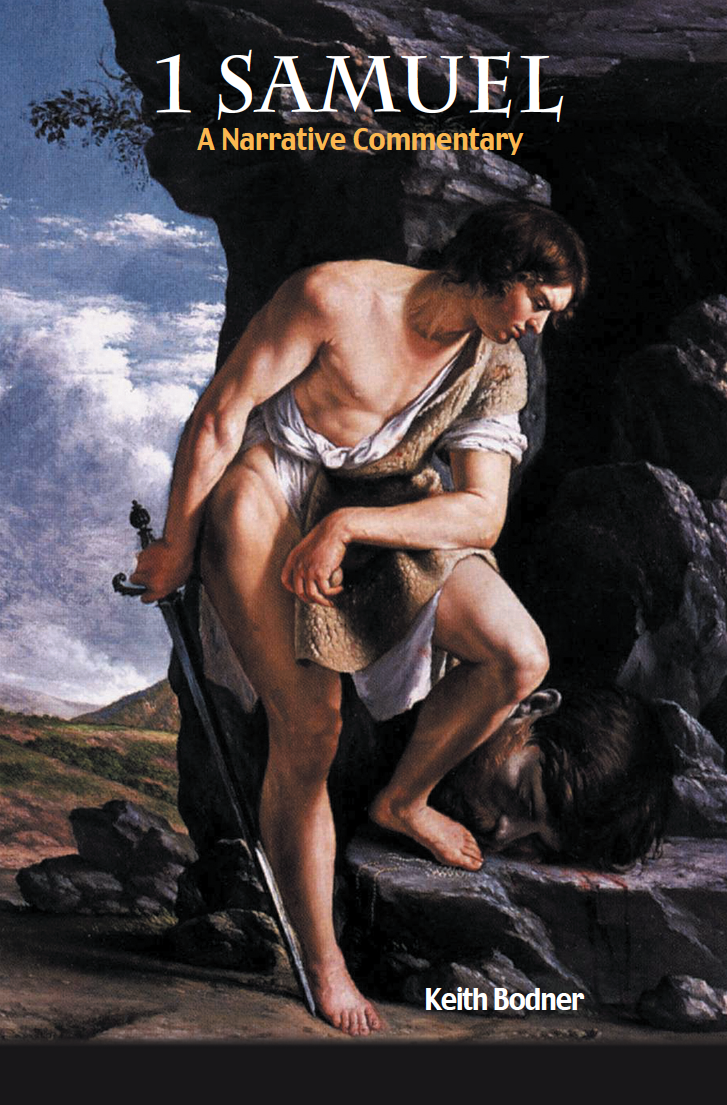
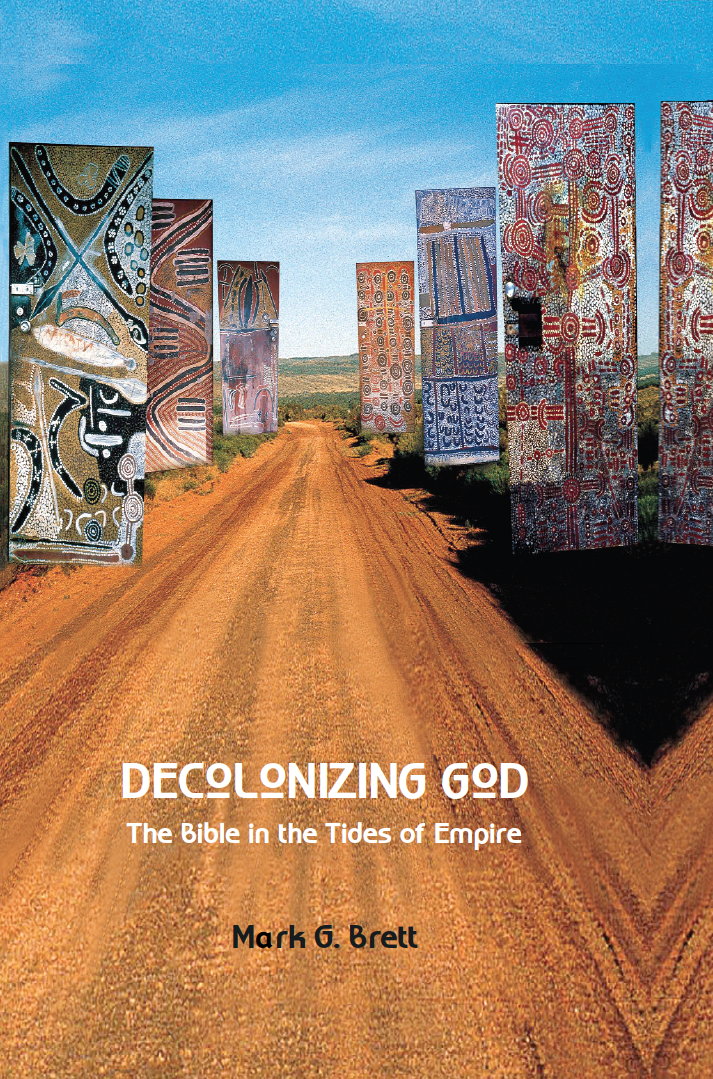

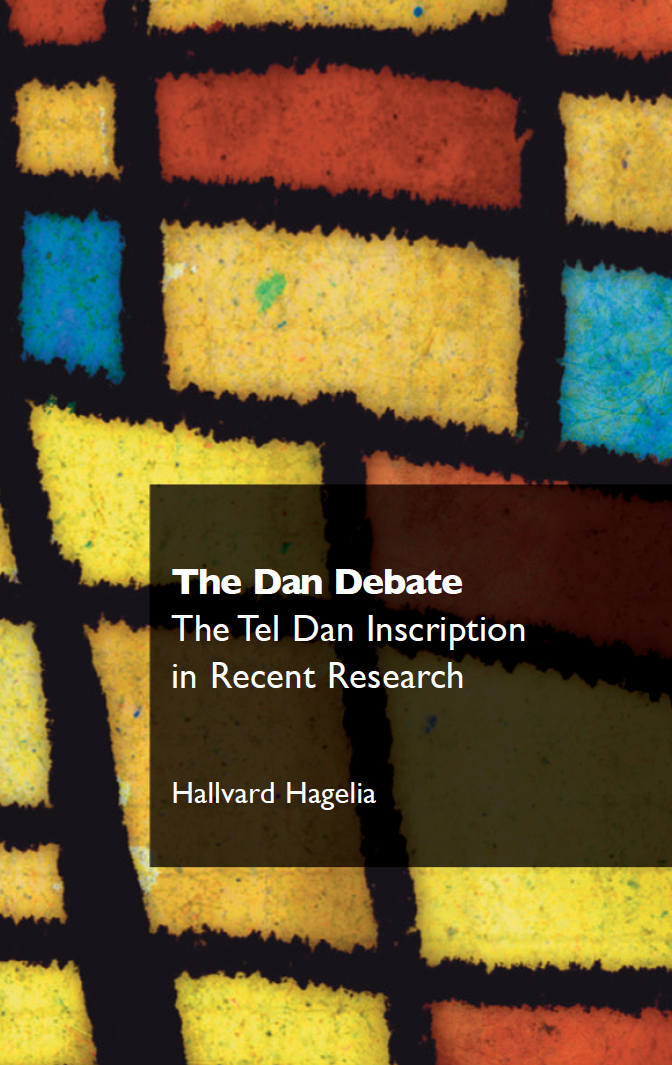
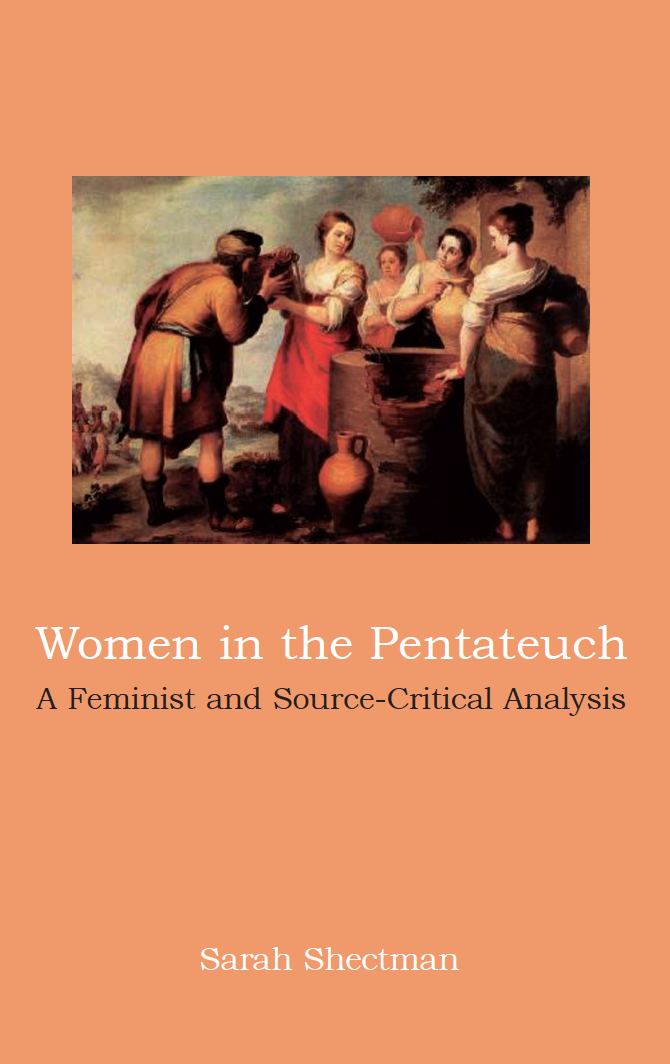
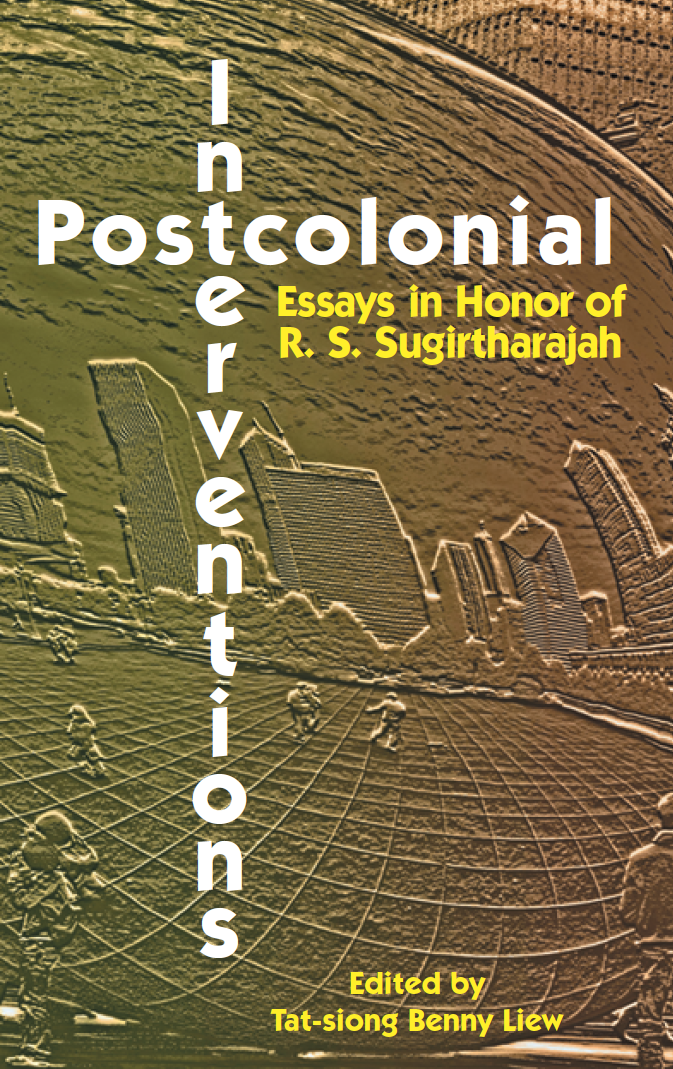
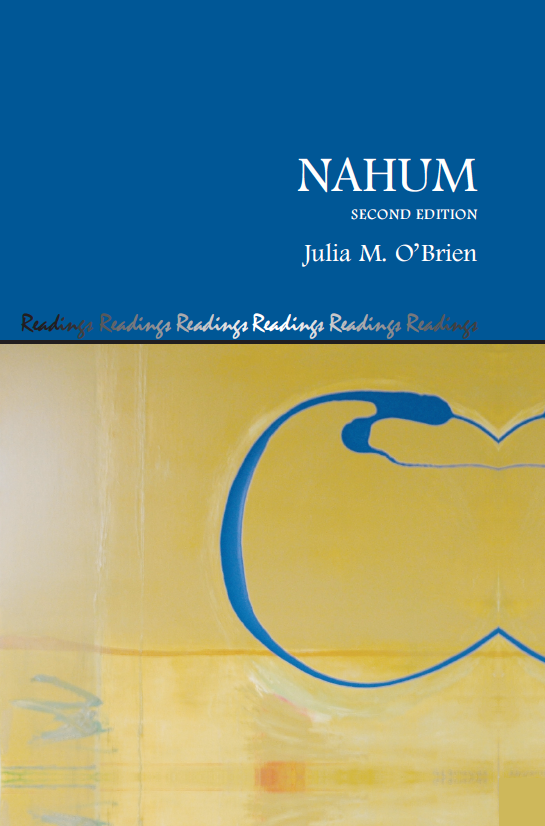


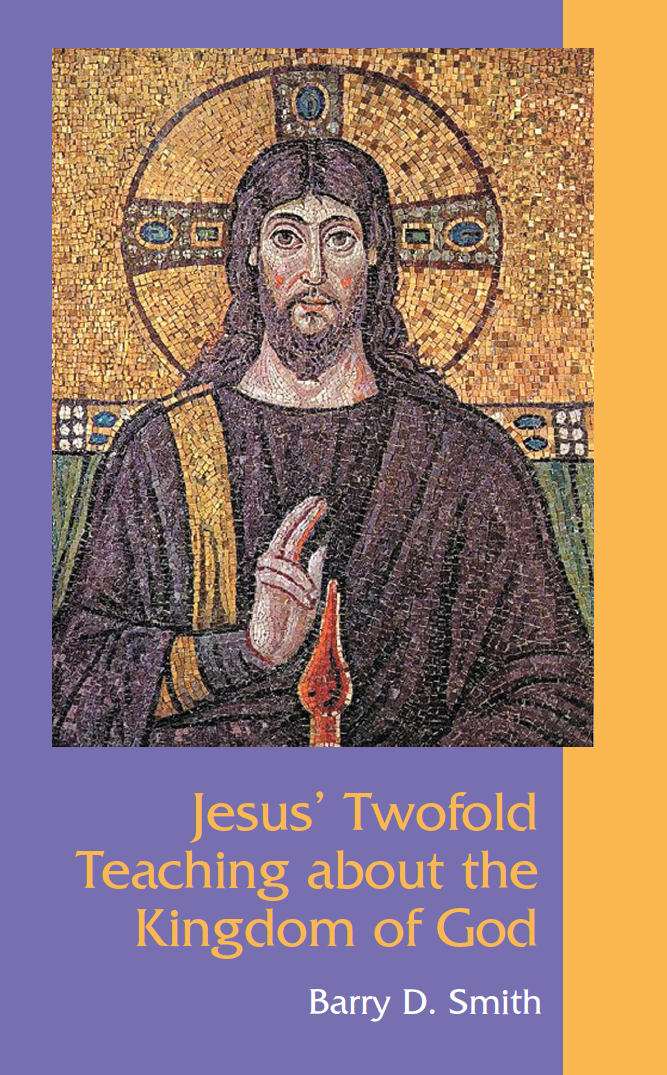
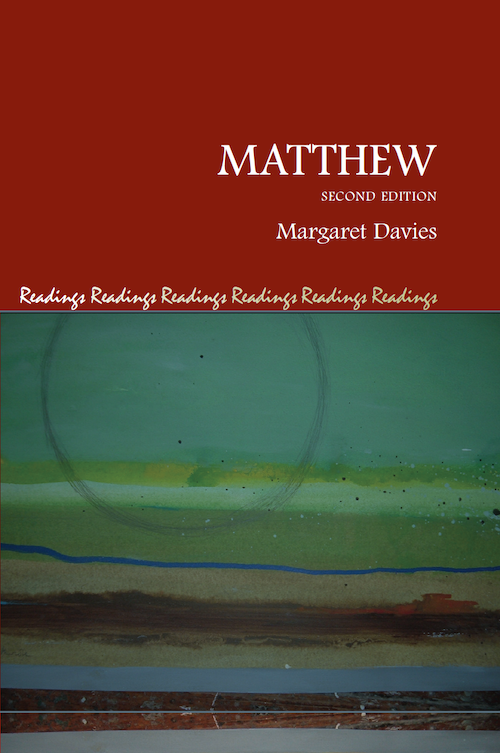

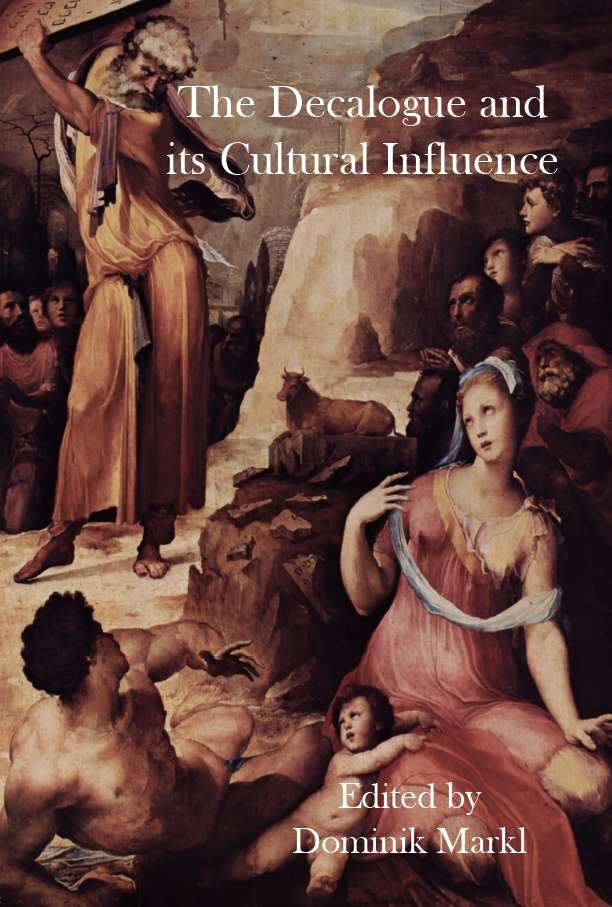
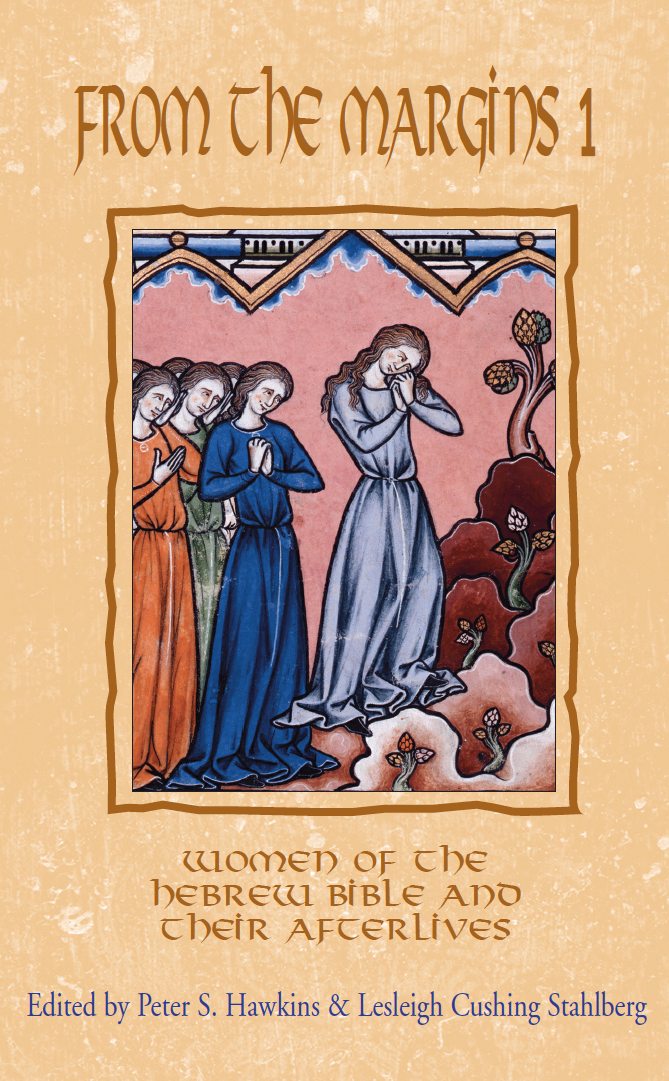
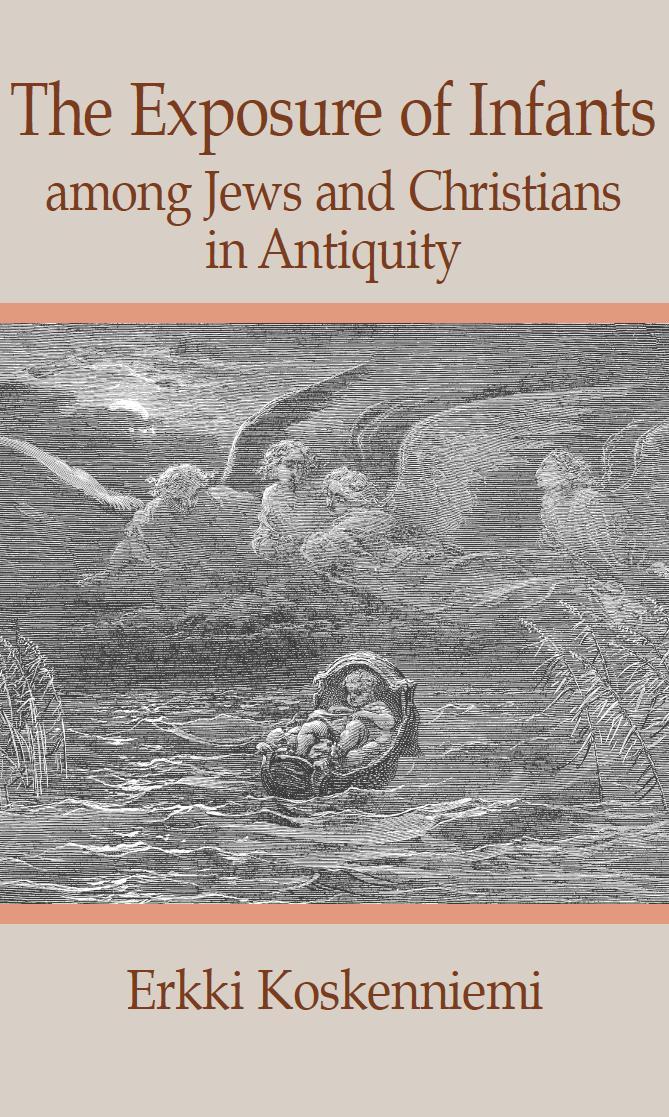



Genesis, Second Edition
Genesis, Second Edition